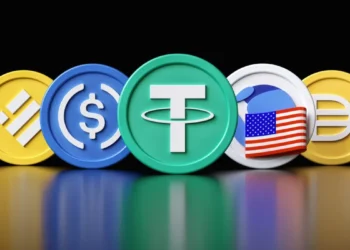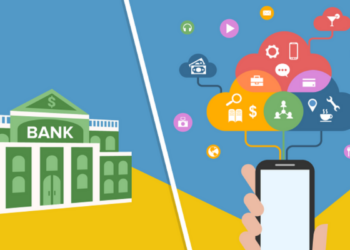Nigerian banks and FinTechs are collaborating to develop and manage the cNGN, a new stablecoin designed to benefit both token holders and the Nigerian economy.
This information comes from reliable sources familiar with the matter.
The cNGN will be fully backed by the Naira at a 1:1 ratio and will be officially announced once it is fully launched in 2024, according to these sources.
Similar to well-known stablecoins like USDT and USDC, the cNGN will be compatible with multiple public blockchains, enabling straightforward international transfers and expanding its use globally.
Mirroring the functionality of major stablecoins, the cNGN boasts interoperability with other public blockchains. This feature enables seamless global transfers, extending its utility beyond Nigerian borders.
The cNGN is a compliant and regulated consortium-driven stablecoin, pegged to the Naira in the Reserve Bank account. Unlike the eNaira, which is developed solely by the apex bank, the cNGN is managed by a consortium.
Key partners in the cNGN project include notable Nigerian banks and fintech companies marking a significant collaboration in the Nigerian financial sector.
The new token will be compatible with public blockchains including Bantu, Polygon, Ethereum, Binance Smart Chain, and Tron. This initiative is driven by major blockchain tech companies, fintechs, and some major banks serving as licensed custodians for the token.
The Central Bank of Nigeria (CBN) emphasized that Nigerian banks and financial institutions are still prohibited from holding, trading, or transacting in crypto assets from their accounts, despite this new development.
However, the central bank released guidelines for virtual assets, in a move that will allow virtual assets service providers (VASPs) which include cryptocurrencies and crypto assets organizations to now open accounts with Nigerian banks.
This article was updated to reflect new information.






















Massive. I love this